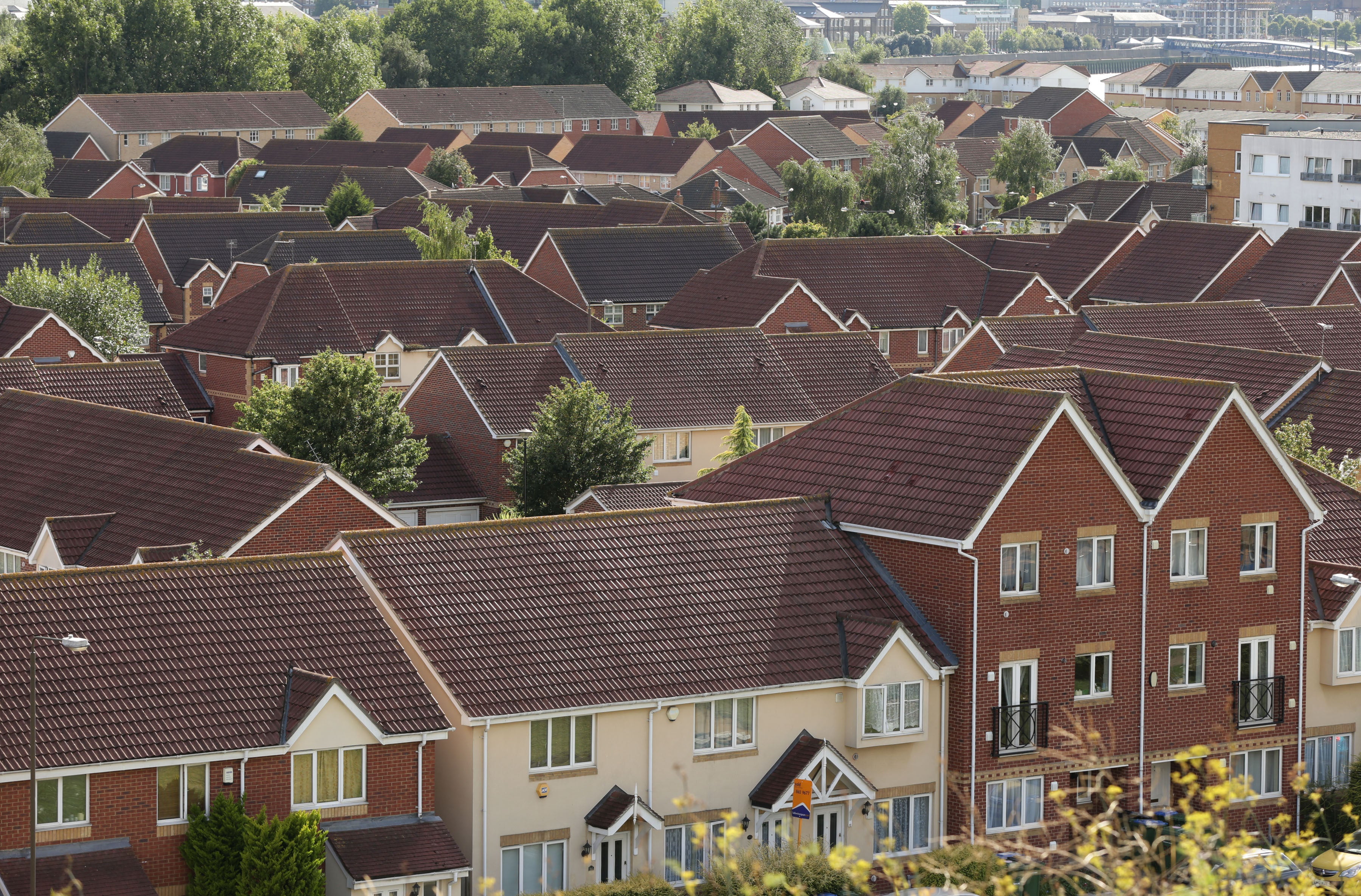This is how inflation could affect house prices
Common sense says rising interest rates would put a cap on the market boom, perhaps with prices falling back a bit, writes Hamish McRae


Will higher inflation mean even higher house prices? Or will the rising interest rates that are coming in to try to control inflation put a cap on asset prices in general, and especially property?
There can be no simple answers, of course. But the past few days have given us some clues as to the pace at which global interest rates are likely to rise. Tomorrow, chancellor Rishi Sunak will give some indications on inflation and growth of the UK economy in his spring statement. So this is a good week to try to make a judgement.
The clues on interest rates have come through over the past few days. Both the US Federal Reserve and the Bank of England increased rates last week – for the first time this cycle in the case of the Fed. That was all expected. The really interesting new indications have been what Jerome Powell, the chair of the Fed, said on Monday, and the market responses to that. In case people had not got the message that the Fed was serious about containing inflation, he said that if it was necessary to do so, the Fed would increase rates faster and further than the markets expected. If that meant increasing rates by half a percent at the next meeting, rather than a quarter, it would do so.
That was tough stuff, and the markets were initially shocked: bond and stock prices fell. But since then, while bond prices have continued to decline, equities have recovered all the lost ground. This suggests that while bonds will probably continue to fall – with the 10-year Treasury yield (which moves inversely to the price) now around 2.38 per cent – the markets reckon both the US economy is strong enough to weather sharply higher interest rates, and that if inflation really takes off at least equities will offer some protection against that.
What does this mean for the UK?
It’s important to remember this movement in interest rates is global. The European Central Bank has not yet increased its rates, but the yield on German 10-year government bonds is now over 0.5 per cent. That’s still very low, but just over two weeks ago it was actually negative. UK gilts have moved in the same direction, with 10-year gilts yielding more than 1.7 per cent, whereas at the beginning of this month the rate was 1.1 per cent. As this movement has hardly begun, we will be sucked up along with everyone else.
So how high do UK rates go? Much depends on the pace of our economy and whether underlying growth in the UK is as strong as in the US. That is where the spring statement fits in. Most of the attention will, quite rightly, be on the extent to which the chancellor postpones or abandons tax increases announced last year, and on the measures to blunt the impact of rising costs. But we will also get an update on how the economy is performing and what he expects it to do in the months ahead. Ahead of the appalling events in Ukraine it was racing ahead, with January GDP well up on its pre-pandemic level. House prices were booming too.
So the question is to what extent the dreadful war in Ukraine will change everything, and we really don’t know. In the past couple of weeks surveys suggest that confidence has plunged, but you would expect that. We know that confidence in the future of the housing market has fallen to the lowest since 2008, but that does not mean that house prices will fall – merely the number of transactions will go down.
To keep up to speed with all the latest opinions and comment sign up to our free weekly Voices newsletter by clicking here
In any case, as in all markets, what matters is what people do, not what they say. But let’s also see what we can learn from Mr Sunak. It would make economic and political sense not to increase taxes right now, for there are too many uncertainties. It would also make sense to postpone increase in interest rates until everything is clearer. But if, come the autumn, the economy is still growing strongly, and inflation is still in the 8 per cent region, then stand by for interest rates to climb sharply.
How high? The indication from Jerome Powell was that the Fed’s rate could rise to 2.75 per cent this year. I think we should be prepared for something like that here. Mortgage rates climb in line.
And what would that do to house prices? Well, common sense says it would put a cap on the boom, perhaps with prices falling back a bit, or maybe settling in at a new plateau until wage increases catch up. But no property crash, such as we had after the banking crisis of 2008-09? No, the population is rising and we all need homes. In any case, I think general inflation will bail out people who bought at the wrong time, as it always has in the past.
Join our commenting forum
Join thought-provoking conversations, follow other Independent readers and see their replies
Comments
Bookmark popover
Removed from bookmarks